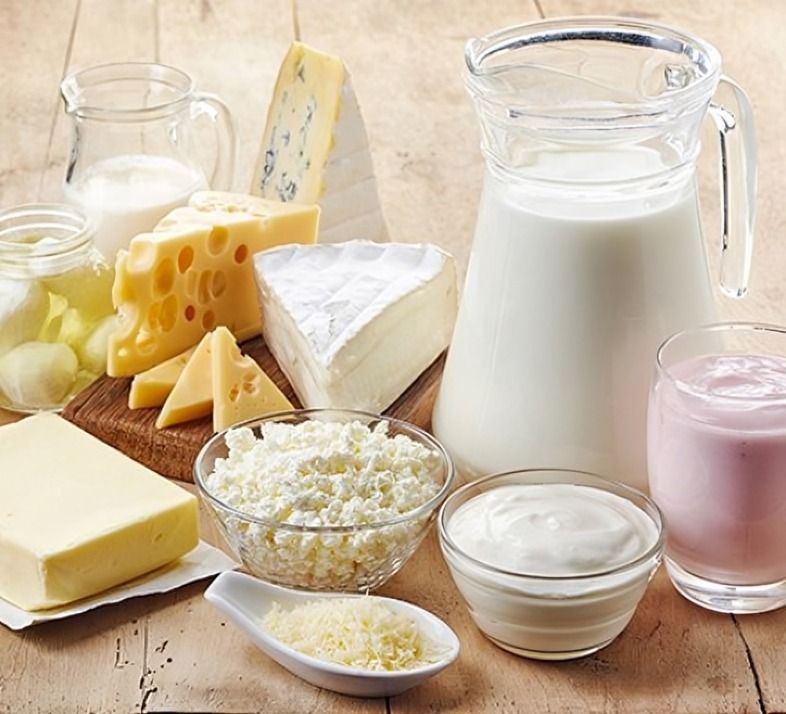
“
Minerals are inorganic compounds that are vital for the body’s normal functioning, including maintaining a healthy metabolism and building strong bones and teeth. Whether it’s potassium for heart function or selenium for antioxidant defense. In this guide, we’ll explore 20 must-know facts about minerals, highlighting their benefits, food sources, and the importance of a balanced intake.1
”
Minerals are essential elements found in the earth and food, crucial for heart and brain function, and for producing hormones and enzymes. They play a vital role in maintaining overall health.1
Spinach is rich in iron, magnesium, and calcium, supporting blood health, muscle function, and bone strength. It is a great source of plant-based iron, especially for vegetarians. 2
Sodium is essential for fluid balance, nerve transmission, and muscle contraction. It is commonly found in table salt, soy sauce, and processed foods, with smaller amounts in milk, bread, vegetables, and unprocessed meats. 3

Calcium is vital for healthy bones and teeth, muscle function, nerve signaling, blood clotting, blood pressure regulation, and immune health. It is found in milk and dairy products, canned fish with bones, fortified tofu and soy milk, as well as in legumes.
Iron is essential for producing hemoglobin in red blood cells, which carries oxygen throughout the body, and it plays a key role in energy metabolism. Good sources include organ meats, red meat, poultry, shellfish, egg yolks, dried fruits, and dark leafy greens.4
All nutrients depend on minerals for optimal cellular function and healing. However, minerals can be challenging for the body to absorb. Dietary supplements can provide a convenient source of essential minerals.5
The study of minerals is known as mineralogy, a branch of geology focused on their composition, properties, and classification. Mineralogists explore how minerals form, their crystal structures, and their role in Earth's processes.6
Whole grains are rich in magnesium and selenium, essential for various bodily functions. A mineral is a naturally occurring solid formed through geological processes, characterized by a specific chemical composition and ordered atomic structure. 7
The daily requirement for minerals is quite small compared to carbohydrates, proteins, and fats. Most adults need around 1,000 milligrams of calcium daily, while only 10 to 15 milligrams of iron and zinc are necessary. 8
Mineral deficiencies can lead to serious health issues. For instance, a lack of calcium weakens the skeletal system, raising the risk of fractures, while iodine deficiency can cause goiter and hormonal disorders. 9
Microminerals, or trace minerals, are required by the body in small amounts, making them "minor minerals." Key examples include iron, copper, iodine, zinc, manganese, fluoride, cobalt, and selenium. 10

Excessive intake of trace minerals can lead to mineral toxicity. For example, overdosing on selenium supplements may cause acute toxicity, resulting in symptoms like nausea, nail discoloration, hair loss, and diarrhea.
Zinc plays a key role in wound healing, supports immune function, and aids in the formation of strong bones. It regulates the sense organs in the nervous system and is crucial for cell division and reproduction. 11
Excess calcium can lead to constipation and kidney issues, while too much zinc may cause diarrhea, heart problems, and vomiting. High sodium levels increase the risk of stroke and heart disorders, and excess iron can result in cardiovascular problems.12
Nuts and seeds are rich in essential minerals like magnesium, zinc, and selenium. A single Brazil nut can meet 174% of your daily selenium requirement, while a 1/4-cup of pumpkin seeds provides 40% of your daily magnesium needs. 13

Shellfish like oysters, clams, and mussels are rich in minerals, particularly selenium, zinc, copper, and iron. Eating 6 medium oysters (84g) meets your daily zinc and copper needs while providing 30% of your selenium and 22% of your iron requirements.
Cruciferous vegetables like broccoli, cauliflower, and Brussels sprouts are linked to reduced risk of chronic diseases due to their high nutrient content. They are particularly rich in sulfur, essential for DNA production, detoxification, and glutathione synthesis.14
Beans are rich in fiber, protein, and minerals like calcium, magnesium, iron, and zinc. However, they contain phytates, which can reduce nutrient absorption. Proper preparation methods, such as soaking or sprouting, can enhance mineral bioavailability.15
Avocados are nutrient-dense fruits rich in healthy fats, fiber, and minerals like magnesium, potassium, and copper. Potassium plays a vital role in regulating blood pressure and supporting heart health. 16
Spirulina, a blue-green alga available in powder form, can be added to smoothies, yogurt, or oatmeal. It's packed with minerals like iron, magnesium, potassium, and copper. Consuming spirulina may offer various health benefits. 17


